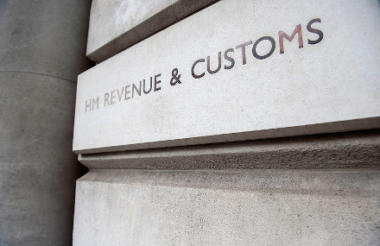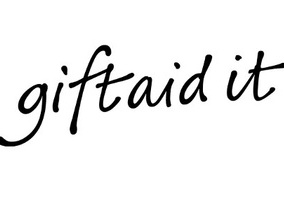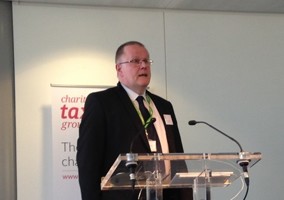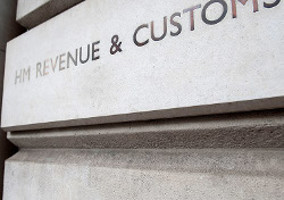HM Revenue and Customs has said that three-stage Gift Aid checks will not be mandatory and that it will "continue to develop" its position, after some concern in the sector over their implementation.
Last week Steve Carroll, part of HMRC’s charities outreach team, told delegates at the Charity Tax Group's Annual Tax Conference that three statements should be agreed by donors to prevent Gift Aid being registered inaccurately, rather than the existing check, which just asks if a donor is a UK taxpayer.
The Charity Finance Group warned the further checks could hit charities’ incomes, as they are likely to lower the number of donors registering for Gift Aid, and urged HMRC to pause its implementation.
HMRC has now told Civil Society News that said it will not withdraw the statements but will “continue to develop” them, while it has no plans to make them a mandatory requirement.
A spokesperson said: “HMRC has identified common errors when individuals make donations to charity, particularly through intermediary websites.
“To help charities with this issue, HMRC has created a series of statements that can help donors understand when they are able to claim Gift Aid. It is not mandatory to use these, but they can help prevent errors and the need to correct mistakes.
“It is in the interests of the charity sector and intermediary websites to get Gift Aid claims right and HMRC encourages these organisations to use the explanations at the point of donation.
“HMRC is currently exploring opportunities to improve the take-up of Gift Aid and reduce errors, and will continue to develop these statements as part of this work.”
CTG vice-chair Richard Bray said HMRC needed to provide certainty for charities in its approach to Gift Aid, with grey areas potentially causing “problems and additional costs”.
But he said the Gift Aid practical issues working group supported measures to ensure the relief was claimed correctly.
He said: “Fundraising relating to events clearly presents a greater chance of misunderstanding resulting in potentially ineligible Gift Aid claims – in contrast to, for example, donations via direct debit.
“We are working closely with charities and HMRC to facilitate discussions about what types of fundraising require additional communication on Gift Aid eligibility and welcome HMRC’s flexible and collaborative approach to date.
“Ultimately, however, HMRC may need to act with care to ensure that there is appropriate certainty for Gift Aid managers, fundraisers, donors and officials – in the long term grey areas and differing approaches could cause problems and additional costs to charities.”
See in Charity Finance
The three confirmation statements Carroll advised charities to put on their online donation pages were:
I am donating my own money and the funds have not come from anyone else including family members or from an office or bucket collection
The money I am donating is not the proceeds from sales of goods or services or the sale of tickets
I have not received something in return for this donation such as an entry ticket to an event or a raffle ticket
He said that £1m a month was being wrongly claimed, and some institutions had an error rate of up to 60 per cent, but he did not say which charities.
Related articles












